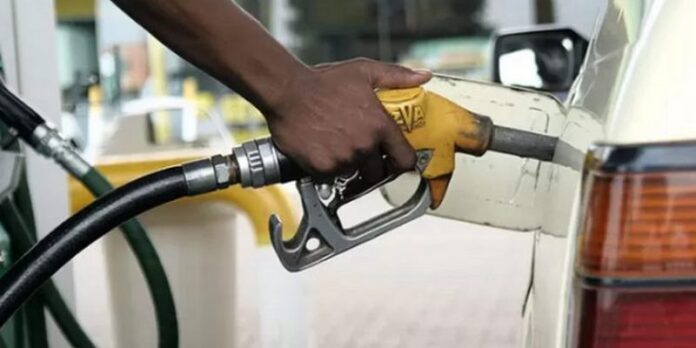Consumers are facing mixed outcomes at the pumps as global fuel prices decline, but the depreciation of the local currency could undermine potential relief.
Despite a steady drop in Brent crude prices and refined petroleum product costs on the international market, the Ghanaian Cedi’s 2.18% fall against the U.S. Dollar is keeping fuel prices volatile.
According to a press release by the Institute for Energy Security (IES), the first pricing window of February 2025 saw an increase in fuel prices in Ghana for the third time this year.
Gasoil rose by GH₵0.45 per litre, while gasoline increased by GH₵0.24 per litre, pushing national average prices to GH₵15.61 for gasoline and GH₵15.65 for gasoil. Liquefied Petroleum Gas (LPG) also remained expensive at GH₵18.79 per kilogram.
Consumers are searching for the most affordable options, with Benab, Star Oil, and Zen Petroleum identified as offering the lowest prices.
On the global market, Brent crude dropped by 5.65% during the pricing period, closing at $74.74 per barrel. Prices for refined products followed suit, with gasoil falling by 4.50%, gasoline by 1.26%, and LPG by 0.22%.
Typically, such declines would result in lower fuel prices locally, but Ghana’s worsening exchange rate threatens to erode these benefits, according to the Institute for Energy Security.
Looking ahead to the second pricing window of February, the Institute predicts mixed reactions in the market.
While a decrease in liquid fuel prices is possible due to global trends, the depreciation of the Cedi may limit the full impact. LPG prices, however, are expected to remain unchanged.
For Ghanaian motorists and households, relief at the pumps remains uncertain as currency instability continues to influence fuel pricing.
ALSO READ:

